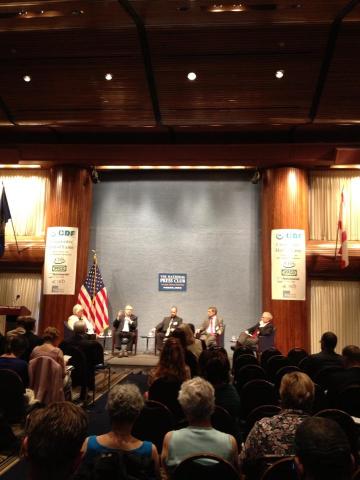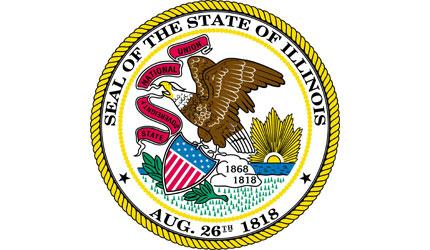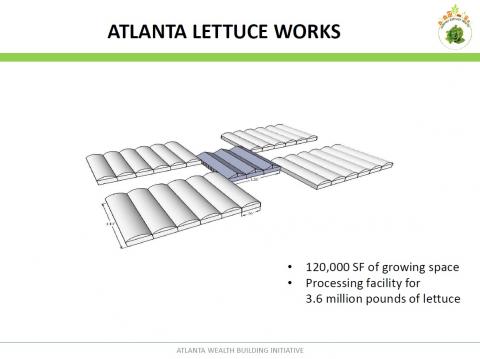Earlier this month at Left Forum, The Democracy Collaborative helped organize five panels on a variety of different topics related to cooperatives, sustainability and growing a new economy. The last session of the weekend, “Community Organizing for a New Economy,” offered a spirited conversation around some innovative new work that is helping build a new economy.






